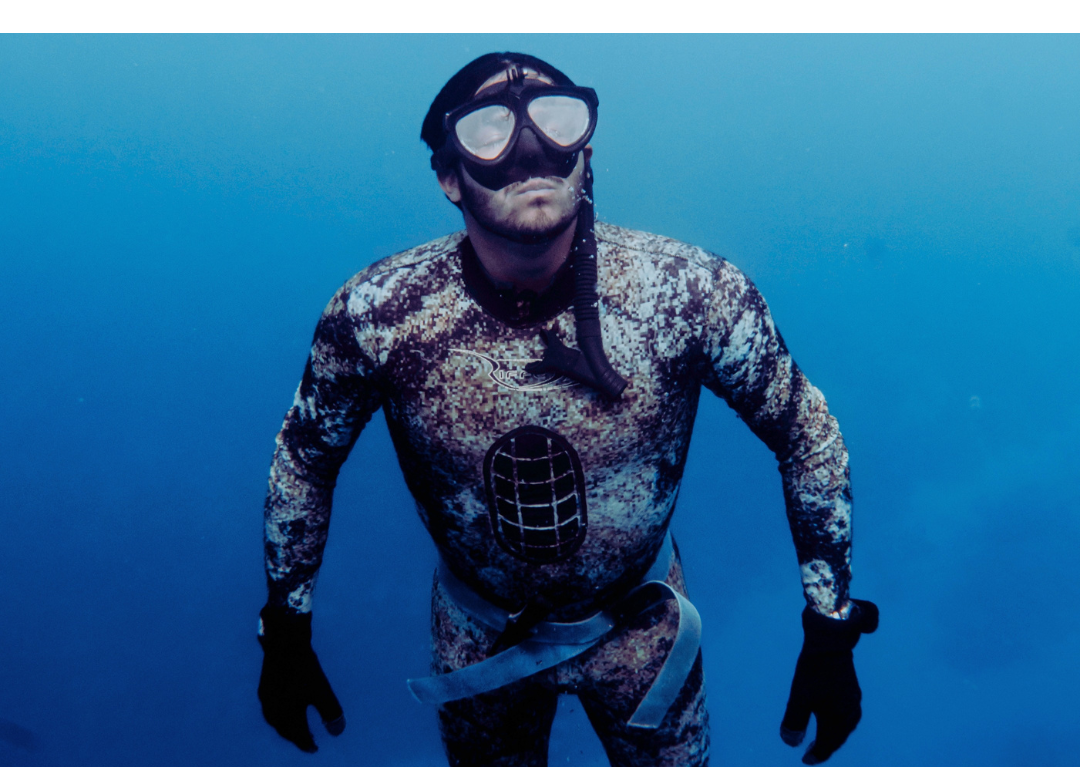Addressing the reality of diving locally, both as an investment and a necessary step for year-round, comfortable diving. 
Diving can be a thrilling experience, but it can also be dangerous if proper precautions are not taken. One of the biggest concerns for divers is heat loss, as the water temperature can quickly affect their body temperature and lead to hypothermia.
Hypothermia is a medical condition that occurs when a person's body loses heat faster than it can produce heat, causing a dangerously low body temperature. This can happen when a person is exposed to cold weather or cold water for an extended period of time. Symptoms of hypothermia include shivering, confusion, fatigue, and loss of coordination, which can progress to unconsciousness and death if not treated promptly.

That's why it's important to slow down heat loss and take the necessary measures to stay warm. Here are a few key factors to consider:
-
Proper gear: Make sure you have the right gear, including a wetsuit, hood, gloves, and boots, to protect your body and keep you warm. A significant amount of heat can be lost from a person's extremities, such as the hands, feet, arms, and legs, due to their greater surface area to volume ratio. This makes them more susceptible to heat loss than other parts of the body, such as the torso. In cold weather or water, blood vessels in the extremities can constrict to reduce heat loss and conserve body heat, which can lead to decreased blood flow and increased risk of frostbite. To help reduce heat loss from the appendages, it's important to keep them covered and protected with appropriate clothing and gear before, during and after diving.

-
The 50/50/50 rule: This rule states that you have a 50% chance of survival for 50 minutes in 50°F water. It's important to understand the dangers of cold water exposure and take the appropriate measures to stay warm.
-
Water's heat capacity and retention: Water has a high heat capacity, meaning it can absorb and retain heat easily. As divers, it affects how quickly a person's body temperature can change when underwater. This is why it's important to be aware of the water temperature and choose the appropriate gear to stay warm.
In conclusion, slowing down heat loss is crucial for a safe and comfortable dive. Make sure you have the right gear, understand the 50/50/50 rule, and be aware of water's heat capacity and retention characteristics. Stay warm and have a blast underwater!
At our diving location, the water temperature is temperate or colder than some other places, and and does get colder for the winter part the year. However, we don't see the cold as a negative. Instead, we believe in being upfront and addressing the reality of diving locally and the importance of proper thermal protection, both as an investment and a necessary step for year-round, comfortable diving. Even warm water divers should consider protection strategies.
For more tips and advice on diving safety, come talk to us, check out our quality gear and drysuit course and contact us today.



Share:
Exploring the Depths: A Guide to Underwater Imaging
From Pandemics to Climate Change: The Growing Importance of Scuba Diving in Scientific Research